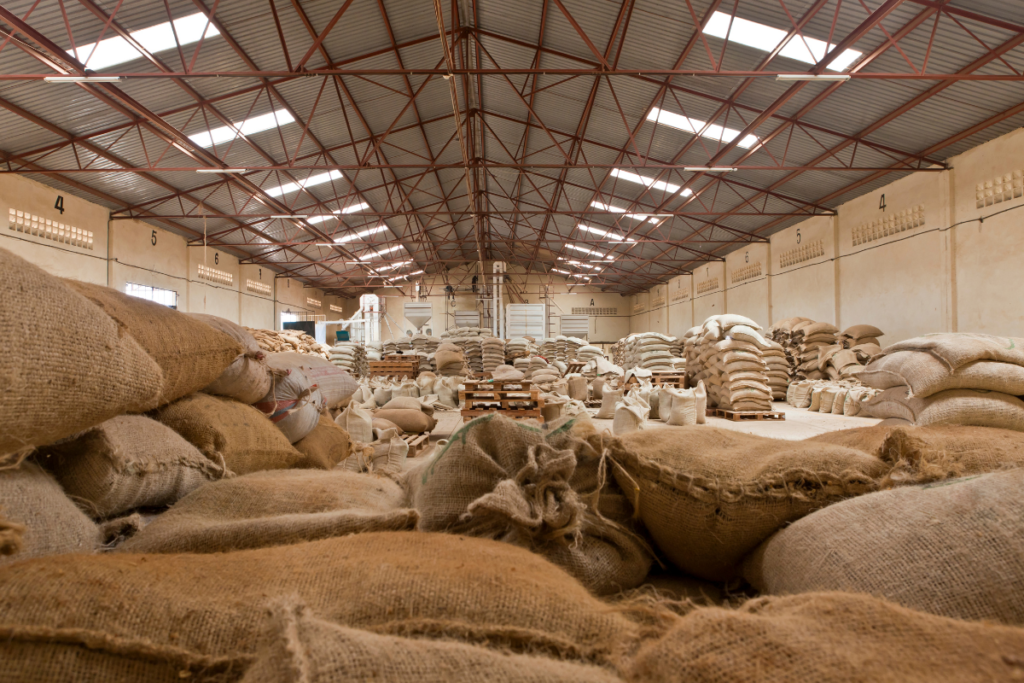
The supply chain for traditional coffee and specialty coffee can differ in several key aspects, primarily in terms of sourcing, quality standards, and processing methods. Here’s a comparison:
- Sourcing and Quality Standards:
- Traditional Coffee: In the traditional coffee supply chain, the focus may be more on volume and price rather than quality. Beans are often sourced from various regions without a strong emphasis on traceability or specific growing conditions. Quality standards may be more lenient, leading to a wider range of flavor profiles and inconsistencies in taste.
- Specialty Coffee: Specialty coffee places a premium on quality and traceability. Beans are sourced from specific regions, farms, or cooperatives known for producing high-quality coffee. There’s a strong emphasis on sustainable farming practices, optimal growing conditions, and meticulous harvesting methods to ensure the highest quality beans. Quality standards are more stringent, with rigorous grading systems used to evaluate flavor, aroma, and other sensory attributes.
- Processing Methods:
- Traditional Coffee: In the traditional coffee supply chain, processing methods may vary widely and often prioritize efficiency and cost-effectiveness. Common processing methods include both dry (natural) and wet (washed) methods, but the emphasis may be more on volume and speed rather than flavor preservation.
- Specialty Coffee: Specialty coffee often involves more specialized and carefully controlled processing methods designed to preserve the unique flavors of the beans. Specialty coffee producers may experiment with different processing techniques, such as honey processing or anaerobic fermentation, to enhance flavor complexity and sweetness.
- Roasting and Distribution:
- Traditional Coffee: Roasting in the traditional coffee supply chain may prioritize consistency and familiarity of flavor profiles, often resulting in darker roasts to mask any inconsistencies in bean quality. Distribution channels may include large-scale retailers, supermarkets, and commodity coffee brands.
- Specialty Coffee: Specialty coffee roasters focus on highlighting the distinctive flavors and characteristics of high-quality beans through precise roasting techniques. Light to medium roasts are more common, allowing the inherent flavors of the beans to shine. Distribution channels may include specialty coffee shops, third-wave cafes, and direct-to-consumer sales through online platforms.
Overall, while both traditional and specialty coffee share some similarities in their supply chains, the emphasis on quality, traceability, and flavor differentiation sets specialty coffee apart and influences various stages of the supply chain.


